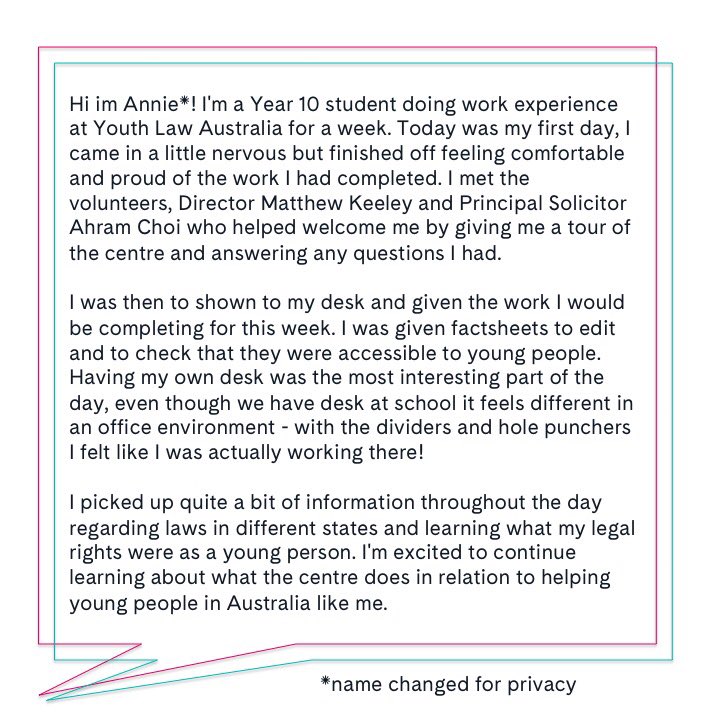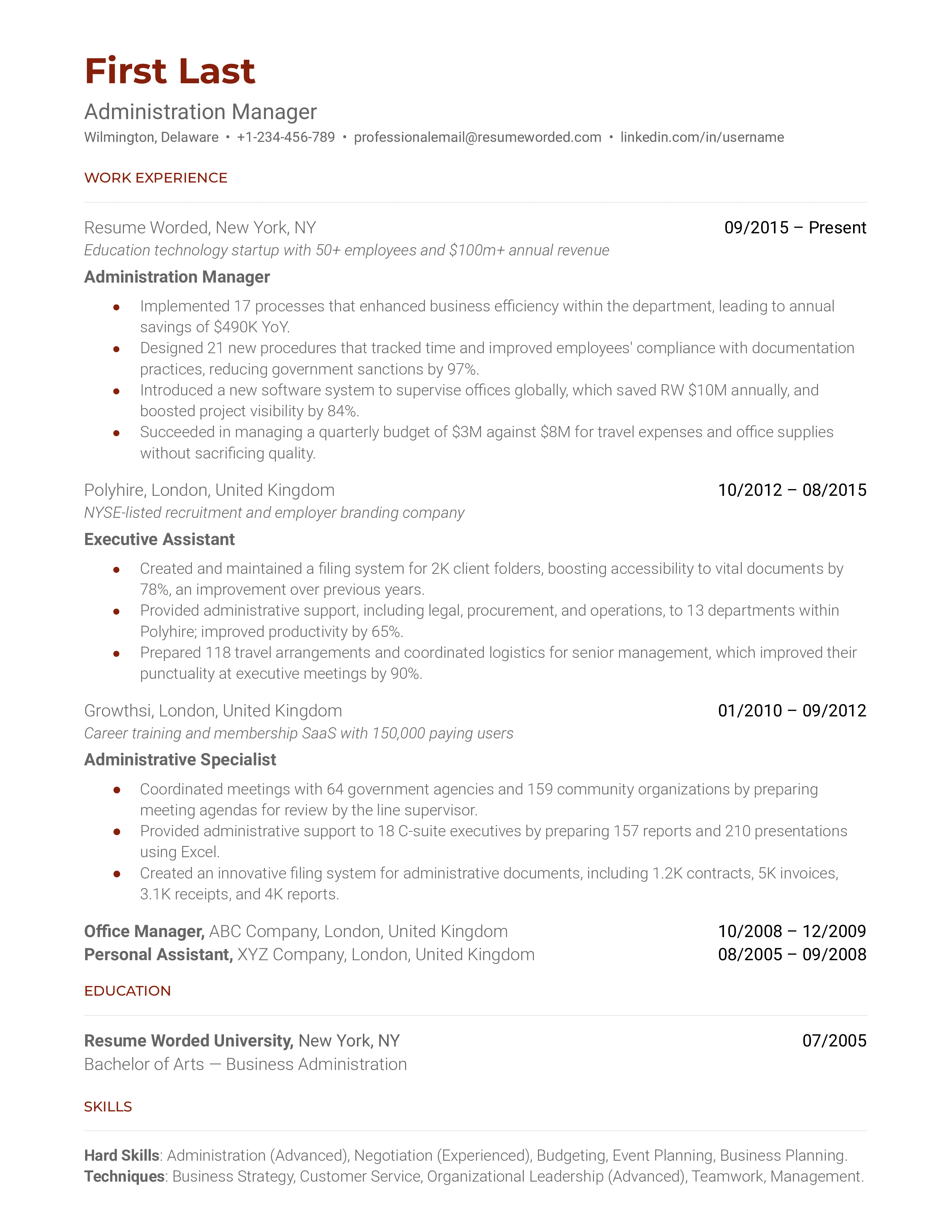Gaining work experience in Year 10 is crucial. It gives students practical insights.
For those interested in law, work experience can be eye-opening. It offers a glimpse into the daily activities of legal professionals. Year 10 is a perfect time to start exploring career options. Law work experience helps students understand the complexities of the legal field.
It also builds essential skills such as critical thinking and communication. This blog post will review various work experiences in law for Year 10 students. Learn how these experiences can shape your understanding of the legal world. Discover what to expect and how to make the most of your time. Get ready to dive into the world of law.
Importance Of Work Experience
Work experience during Year 10 is crucial for students. It provides a practical glimpse into various careers. This hands-on exposure complements academic learning. It bridges the gap between theory and practice. Students gain valuable insights into the working world. They understand what to expect in different job roles.
Career Exploration
Work experience allows students to explore different careers. They can see various job roles in action. This helps them make informed career choices. Students learn what they enjoy and what they don’t. They get a feel of the work environment. This can influence their future career decisions.
Skill Development
Students develop essential skills through work experience. They learn communication and teamwork. They understand the importance of punctuality and responsibility. Practical tasks enhance problem-solving abilities. These skills are useful in any career path. They also build confidence in students.
Finding Opportunities
Finding work experience opportunities during Year 10 can be a bit challenging. But there are many ways you can discover great opportunities to gain valuable experience. This section will guide you through some effective strategies to find these opportunities.
Networking Strategies
Networking is a powerful way to find work experience. Start with people you know.
- Family: Ask parents, siblings, and other relatives if they know of any opportunities.
- Friends: Your friends might have connections or know about openings.
- Teachers: They often have industry contacts and can provide guidance.
Attend events where professionals gather.
- Career Fairs: Many schools and community centers host these. They are great for meeting potential employers.
- Workshops: Participate in workshops related to your field of interest. You can meet experts and learn about openings.
Joining clubs and groups can also help.
- School Clubs: Many clubs have connections with local businesses.
- Online Groups: Join LinkedIn or Facebook groups related to your career interests.
Online Resources
The internet is full of resources to help you find work experience.
- Job Portals: Websites like Indeed, Glassdoor, and LinkedIn list many opportunities for students.
- Company Websites: Many companies post work experience opportunities on their careers page.
Use social media platforms.
- LinkedIn: Create a profile and connect with professionals in your field.
- Twitter: Follow companies and professionals. Many post about work experience opportunities.
Online forums and communities can be helpful too.
- Reddit: Subreddits like r/jobs or r/internships often have posts about work experience.
- Quora: Ask questions and read answers about finding work experience.
Remember to use a variety of sources to increase your chances of finding the right opportunity.
Preparing For Placement
Preparing for your work experience placement is key to making the most of this opportunity. This is your chance to explore potential careers, gain new skills, and build confidence. It’s important to start early and be well-prepared. This blog section will guide you through essential steps such as resume building and interview tips. Following these steps can help you stand out and make a positive impression.
Resume Building
Your resume is often the first impression employers will have of you. It needs to be clear, concise, and professional. Start with your personal details at the top: name, phone number, and email. Avoid using fancy fonts or colors. Stick to a simple, clean format.
Next, list your education. Include your current school and the year you are in. Mention any relevant subjects or projects you have worked on. Highlight any achievements or awards.
Then, add any work experience you have, even if it’s just volunteer work or helping out at home. Be honest and specific about your responsibilities and skills gained. Finally, list any hobbies or interests that show your personality and strengths.
Interview Tips
Interviews can be nerve-wracking, but preparation can make a big difference. Start by researching the company. Know what they do and what their values are. This shows you are genuinely interested.
Practice common interview questions. Think about your answers and keep them positive. For example, “What are your strengths?” or “Why do you want this placement?”
Dress appropriately for the interview. Business casual is usually a safe bet. Arrive a little early to show punctuality.
During the interview, listen carefully to the questions. Take a moment to think before you answer. Be honest and keep your answers concise. After the interview, thank the interviewer for their time and express your excitement about the opportunity.
Making The Most Of Your Placement
Work experience in Year 10 is a valuable opportunity. It provides a chance to learn about the professional world. It’s important to make the most of this experience. Here are some tips to help you succeed.
Setting Goals
Begin by setting clear goals. Think about what you want to learn. Write down a few specific objectives. This could be learning a new skill or understanding a particular job role.
- Learn how to use a specific software
- Understand the daily tasks of a particular job
- Improve communication skills
Having goals will keep you focused. It will also help you measure your progress. Share your goals with your supervisor. They can guide you and provide necessary resources.
Seeking Feedback
Feedback is essential for growth. It helps you understand your strengths and areas for improvement. Don’t wait for feedback to be given. Ask for it regularly.
Here are some ways to seek feedback:
- Ask specific questions about your performance
- Request a short meeting to discuss your progress
- Be open to constructive criticism
Use the feedback to improve your skills. Reflect on what you learn and apply it in your tasks. This proactive approach shows your commitment to learning and improvement.
Legal Skills To Focus On
During your work experience in Year 10, it’s important to focus on developing key legal skills. These skills will help you understand the basics of law and perform tasks efficiently. Two essential skills to concentrate on are Research Abilities and Communication Skills. Mastering these will provide a strong foundation for your future legal career.
Research Abilities
Research is a fundamental skill in the legal field. It involves finding and understanding laws, cases, and legal documents. Here’s how to enhance your research abilities:
- Learn to use legal databases: Tools like Westlaw and LexisNexis are crucial.
- Practice reading legal documents: Start with case summaries and legal articles.
- Note-taking: Write down important points and citations for reference.
Focus on these areas to improve your legal research skills. They will help you gather relevant information quickly and accurately.
Communication Skills
Effective communication is vital in law. It involves speaking and writing clearly and persuasively. To develop your communication skills, consider the following:
- Writing practice: Draft legal memos, briefs, and emails.
- Public speaking: Participate in debates or mock trials.
- Listening skills: Pay attention to details when listening to clients or colleagues.
Strong communication skills will help you convey your ideas clearly. They are essential for interacting with clients, colleagues, and the court.

Navigating Challenges
Work experience in Year 10 can be both exciting and challenging. It offers students a glimpse into the professional world. Navigating the various challenges effectively can make the experience more rewarding. This section will explore strategies for managing time and handling difficult situations.
Time Management
Effective time management is crucial during work experience. Balancing school work and the new responsibilities can be tricky. Here are some tips to help:
- Prioritize tasks: Identify the most important tasks and tackle them first.
- Create a schedule: Use a planner or digital calendar to keep track of deadlines.
- Break tasks into smaller steps: This makes them more manageable and less overwhelming.
Use these strategies to stay on top of your workload. This ensures you complete tasks on time and reduces stress.
Handling Difficult Situations
During work experience, you may face difficult situations. Learning to handle these effectively is key. Consider these approaches:
- Stay calm: Take a deep breath and assess the situation calmly.
- Communicate clearly: Express your concerns or questions to your supervisor.
- Seek help: If unsure, ask for guidance from a more experienced colleague.
Facing challenges can be daunting. But with the right approach, you can overcome them and grow from the experience.
Reflecting On Experience
Reflecting on your work experience in Year 10 is crucial. It helps you understand what you learned and how you grew. This reflection can guide your future career choices and personal development.
Documenting Learnings
Documenting your learnings from work experience is important. Keep a journal or diary during your placement. Write down daily tasks, skills you used, and new things you learned.
Here is an example of how to document your learnings:
| Date | Task | Skills Used | New Learnings |
|---|---|---|---|
| Monday | Organized files | Organization, Attention to detail | Learned new filing system |
| Tuesday | Customer service | Communication, Problem-solving | Handling difficult customers |
Using a table like this makes it easy to see your progress.
Self-assessment
Self-assessment is another key part of reflecting on your work experience. Assess your performance honestly. Ask yourself questions like:
- What did I do well?
- What could I improve?
- How did I handle challenges?
Answer these questions in a self-assessment report. This will help you identify strengths and areas for improvement.
Here is a simple format for a self-assessment report:
Strengths: - Good time management - Strong communication skills Areas for Improvement: - Need to work on teamwork skills - Improve problem-solving under pressure Handling Challenges: - Stayed calm and found solutions - Asked for help when needed
Reflecting on your experience through documentation and self-assessment will help you grow. It provides a clear picture of what you have achieved and what you can work on. This reflection process is an essential step in your career journey.

Future Career Planning
Year 10 students should start thinking about their future careers. Work experience reviews can help with this. By understanding what you enjoyed, you can make better choices for the future. Planning ahead will give you a head start in your career journey.
Identifying Interests
Reflect on your work experience. Think about what you liked and disliked. Write down your thoughts. Use these questions to guide you:
- What tasks did you enjoy?
- Which skills did you use most?
- Did you like working alone or in a team?
- What was your favorite part of the day?
By answering these questions, you can identify your interests. This will help you choose a career that fits you well.
Next Steps
Once you have identified your interests, it’s time to plan your next steps. Consider the following actions:
- Research Careers: Look for jobs that match your interests. Use online resources and career books.
- Talk to Professionals: Reach out to people in your desired field. Ask them about their job and the skills needed.
- Set Goals: Create short-term and long-term career goals. Write them down and make a plan to achieve them.
- Gain More Experience: Look for more work experience opportunities. This can include internships, part-time jobs, or volunteering.
- Seek Guidance: Talk to a career advisor or mentor. They can provide valuable advice and support.
By taking these steps, you will be well-prepared for your future career. Remember, planning is key. Start early and stay focused on your goals.

Frequently Asked Questions
What Is Work Experience In Law?
Work experience in law involves hands-on tasks in a legal setting. It helps students understand the profession better. This experience is crucial for career insights.
Why Is Law Work Experience Important?
Law work experience is vital for gaining practical skills. It helps students apply theoretical knowledge in real-world scenarios. It also boosts resumes.
How To Find Law Work Experience Opportunities?
Finding law work experience involves networking, contacting law firms, and using school resources. Online job boards also list opportunities. Start early to secure a spot.
What Skills Are Gained From Law Work Experience?
Law work experience helps develop critical thinking, research, and communication skills. It enhances understanding of legal procedures. These skills are valuable for future careers.
Conclusion
Work experience in Year 10 law offers valuable insights. Students gain practical knowledge. They learn real-world applications of their studies. This experience builds confidence and skills. It also helps in future career choices. Practical exposure is crucial. It bridges the gap between theory and practice.
Students better understand legal concepts. They also develop teamwork and communication skills. Overall, Year 10 law work experience is beneficial. It prepares students for future endeavors. Embrace the opportunity. It’s a step towards a successful career in law.




